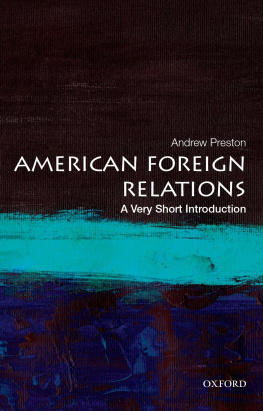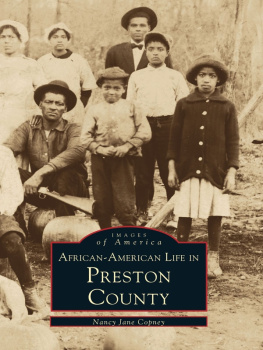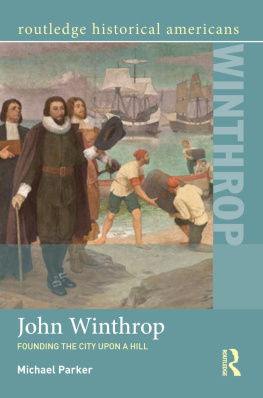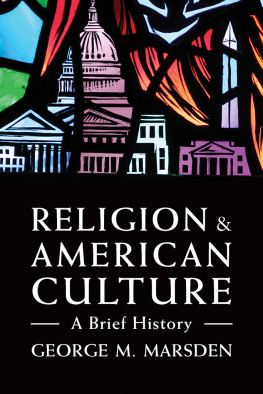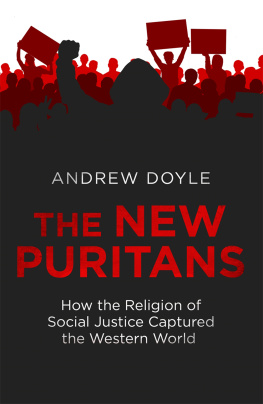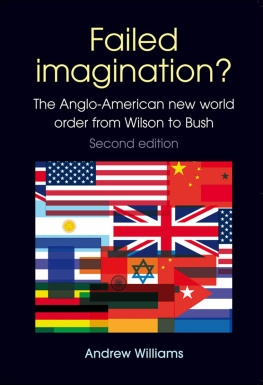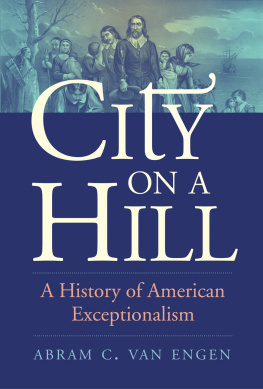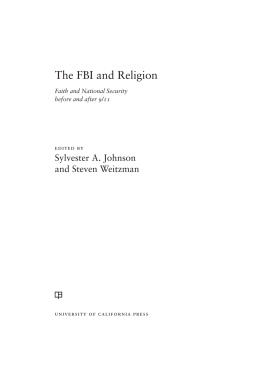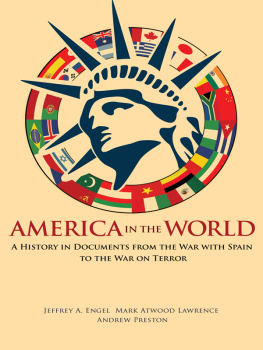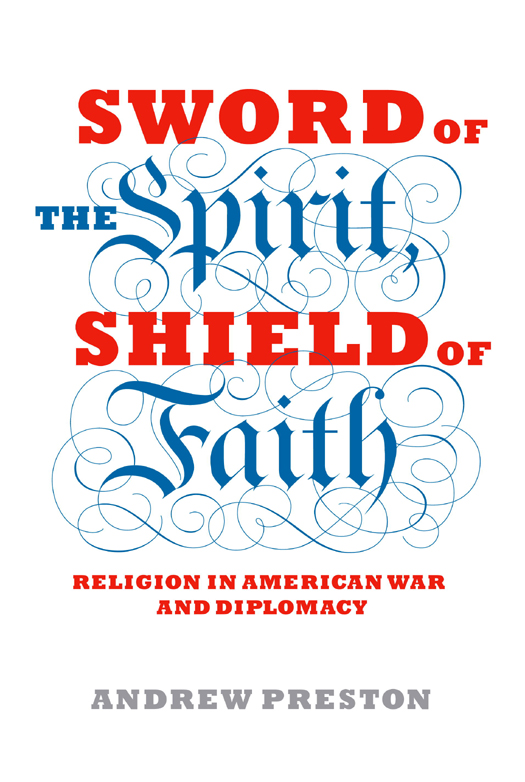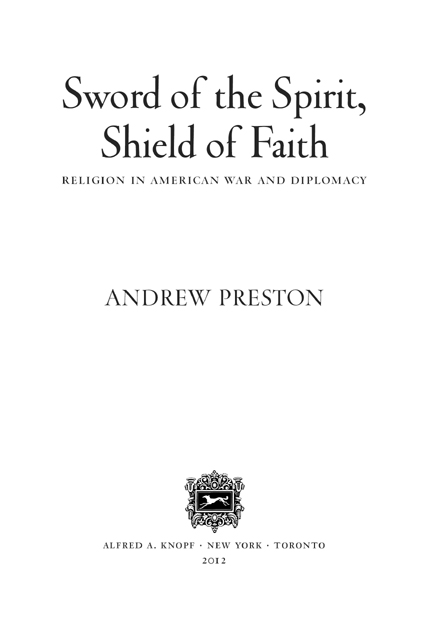Andrew Preston - Sword of the Spirit, Shield of Faith: Religion in American War and Diplomacy
Here you can read online Andrew Preston - Sword of the Spirit, Shield of Faith: Religion in American War and Diplomacy full text of the book (entire story) in english for free. Download pdf and epub, get meaning, cover and reviews about this ebook. year: 2012, publisher: Anchor, genre: Politics. Description of the work, (preface) as well as reviews are available. Best literature library LitArk.com created for fans of good reading and offers a wide selection of genres:
Romance novel
Science fiction
Adventure
Detective
Science
History
Home and family
Prose
Art
Politics
Computer
Non-fiction
Religion
Business
Children
Humor
Choose a favorite category and find really read worthwhile books. Enjoy immersion in the world of imagination, feel the emotions of the characters or learn something new for yourself, make an fascinating discovery.

- Book:Sword of the Spirit, Shield of Faith: Religion in American War and Diplomacy
- Author:
- Publisher:Anchor
- Genre:
- Year:2012
- Rating:4 / 5
- Favourites:Add to favourites
- Your mark:
Sword of the Spirit, Shield of Faith: Religion in American War and Diplomacy: summary, description and annotation
We offer to read an annotation, description, summary or preface (depends on what the author of the book "Sword of the Spirit, Shield of Faith: Religion in American War and Diplomacy" wrote himself). If you haven't found the necessary information about the book — write in the comments, we will try to find it.
Finalist for the Cundhill Prize in History
A richly detailed, profoundly engrossing story of how religion has influenced American foreign relations, told through the stories of the men and womenfrom presidents to preacherswho have plotted the countrys course in the world.
Ever since John Winthrop argued that the Puritans new home would be a city upon a hill, Americans role in the world has been shaped by their belief that God has something special in mind for them. But this is a story that historians have mostly ignored. Now, in the first authoritative work on the subject, Andrew Preston explores the major strains of religious fervorliberal and conservative, pacifist and militant, internationalist and isolationistthat framed American thinking on international issues from the earliest colonial wars to the twenty-first century. He arrives at some startling conclusions, among them: Abraham Lincolns use of religion in the Civil War became the model for subsequent wars of humanitarian intervention; nineteenth-century Protestant missionaries made up the first NGO to advance a global human rights agenda; religious liberty was the centerpiece of Franklin Roosevelts strategy to bring the United States into World War II.
From George Washington to George W. Bush, from the Puritans to the present, from the colonial wars to the Cold War, religion has been one of Americas most powerful sources of ideas about the wider world. When, just days after 9/11, George W. Bush described America as a prayerful nation, a nation that prays to an almighty God for protection and for peace, or when Barack Obama spoke of balancing the just war and the imperatives of a just peace in his Nobel Peace Prize acceptance speech, they were echoing four hundred years of religious rhetoric. Preston traces this echo back to its source.
Sword of the Spirit, Shield of Faith is an unprecedented achievement: no one has yet attempted such a bold synthesis of American history. It is also a remarkable work of balance and fair-mindedness about one of the most fraught subjects in America.
Andrew Preston: author's other books
Who wrote Sword of the Spirit, Shield of Faith: Religion in American War and Diplomacy? Find out the surname, the name of the author of the book and a list of all author's works by series.

